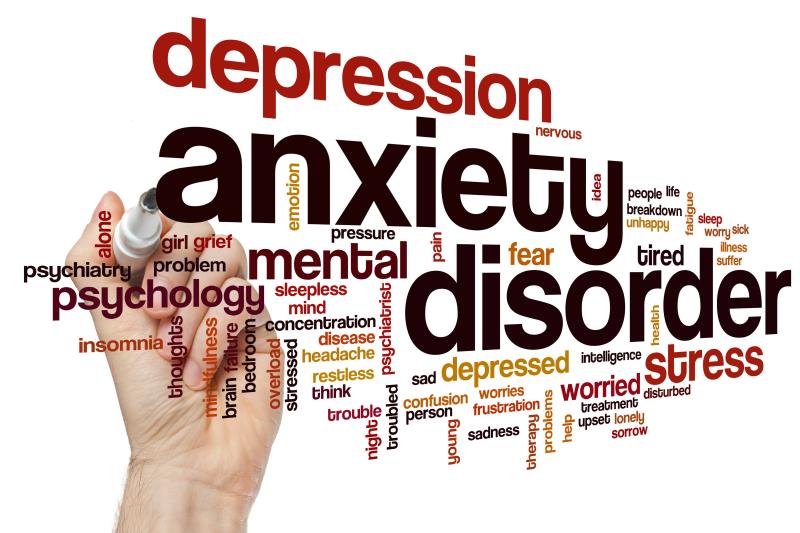According to the survey, the incidence of diabetes-related mental health issues ranged from 18% to 45%, while at 18 months it ranged from 38% to 48%. Mental health issues affect treatment compliance, self-management, blood glucose control level, and life quality in diabetes. Diabetes-related mental health issues mainly come from the following 5 aspects.
Concerns about future complications.
Sometimes the doctor uses several cases and pics of complications to educate the diabetics. However, some diabetics will fall into long-term anxiety or depression due to their inner fragility and worries about future complications. This phenomenon also occurs in the family members of diabetics.
In fact, most of those with diabetes who suffer from diabetes complications do not take the disease seriously or do not scientifically control blood glucose. Although diabetes cannot be cured under current medical conditions, it can still be achieved by learning diabetes knowledge to control blood glucose levels and prevent diabetes complications.
Concerns about diet treatments.
In order to control the glucose level, diabetics must not eat like a horse, but it doesn’t mean that they need to live like a sadhu. Diabetics can also enjoy a lot of food as long as they learn energy transformation, control the relationship between diet, exercise, and medicine (insulin).
Guiltiness.
We need to confirm that it’s neither the child’s nor the parents’ fault that you have T1D as the cause of T1D is still obscure. While T2D is more related to age and a bad lifestyle. It will be bad for your glucose management if you get deep into the feeling of guilt for a long time once being diagnosed with diabetes. If you take diabetes as a “red light for health” to alert yourself and change your unhealthy lifestyle, not only it will not drag down your family but you will become healthier and reduce the burden on your family.
Denial of the fact of having diabetes.
Some diabetics are unwilling to admit the fact of having diabetes at the beginning of the diagnosis. Some will even deliberately gobble up food in high calories to prove their “health”.
Diabetes is diagnosed not by feeling and reasoning, but by scientific data after medical testing. Only by paying attention to diabetes prevention and treatment in advance and dealing with timely intervention can the harm of diabetes be minimized.
Social Anxiety Disorder
Due to the limitations on food and sports, diabetes may feel uncomfortable during social activities. In addition to the above, regular daily medication, blood glucose monitoring, and subcutaneous insulin injections will also increase the living burden of diabetic patients.
The truth is not as pessimistic as we think. Several studies have shown that there are no significant differences in quality of life (social functioning, family income, marital emotions, and relationships) and the general population, apart from physical discomfort and general health. And with the progress of society, the complications of diabetes have been reduced year by year, and the life expectancy of diabetic patients has increased significantly, which is close to the general population.
----------Article Source: <DIAFRIENDS>










Leave a comment
All comments are moderated before being published.
This site is protected by hCaptcha and the hCaptcha Privacy Policy and Terms of Service apply.